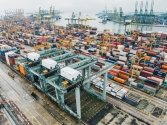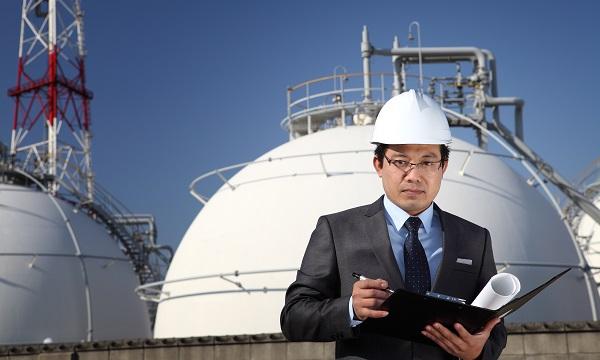
How power players are reducing reliance on coal
Through a joint venture, HK Electric and CLP Power are building an offshore LNG terminal as part of plans to import LNG for the first time.
Progress is underway for Hong Kong’s first offshore LNG terminal, a joint venture between Castle Peak Power Co. (CAPCO), which is owned by CLP Power, and Hong Kong Electric Co. (HK Electric) after the JV inked an agreement with Japan’s Mitsui O.S.K for the charter of a Floating Storage Regasification Unit (FSRU) for 10 years in June.
Hong Kong is fine-tuning its plans to import LNG for the first time as part of an effort to reduce reliance on coal and lower carbon emissions. The efforts to develop LNG import capabilities are spearheaded by billionaires Li Ka-Shing, who owns a 33.37% stake in HK Electric via his utility firm Power Asset Holdings, and Michael Kadoorie, owner of the city’s biggest electricity firm CLP Group, which holds a 70% stake in CAPCO, according to Fitch Solutions, which identifies Myanmar, the Philippines, Vietnam and Australia as amongst those who are expected to import the fuel for the first time alongside Hong Kong.
“The current prolonged downturn in spot LNG prices, next to projected ample supply over the next few years, makes it more palatable for Hong Kong to partake in LNG trading for the first time,” Fitch Solutions said. “The wide array of supplies available, coupled with market’s embracing of greater flexibility and diverse pricing exposure in LNG contracts, also lowers risk and increases leverage for buyers, such as Hong Kong, during negotiations with suppliers.”
HK Electric echoed this positive sentiment. “Natural gas will become the primary fuel for our power generation. The new offshore LNG terminal project will enable us to mitigate fuel supply risk and to have direct access to the international market for cost competitive LNG supplies.” It added that it expects that natural gas generation in its overall fuel mix will increase to ~70% by 2023 from ~30% at present.
Renewables push
The government is also targeting more renewables with the introduction of feed in tariffs (FIT) for renewables installations. Under the FiT scheme, customers are incentivised to install solar photovoltaic or wind power systems at their premises for selling their renewable energy output at rates ranging from 38-64 cents (HK$3- 5) per kWh.
“Since the launching of our FiT Scheme in August 2018, the market response has been positive. We also observe that the PV industry has been much stimulated with the number of PV companies and practitioners participating in the local RE market substantially increased,” HK Electric said.
Since it opened applications in May 2018, CLO Power has received over 2,500 applications by end- March 2019. “Around 83% of the applications have been approved, and so far, 234 applications have been completed and are successfully connected to our grid to enjoy FiT. Despite the operational challenges, CLP endeavours to do everything possible to support the development of RE in Hong Kong,” it said.
HK Electric expects that the local RE market will grow and the number of distributed grid-connected RE systems on customer side will increase notably. “At the end, a vibrant RE market will help further decarbonise local power sector and help Hong Kong combat climate change,” it said.







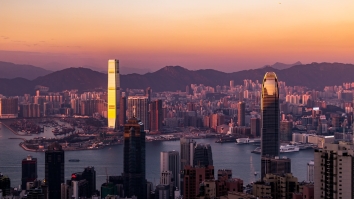











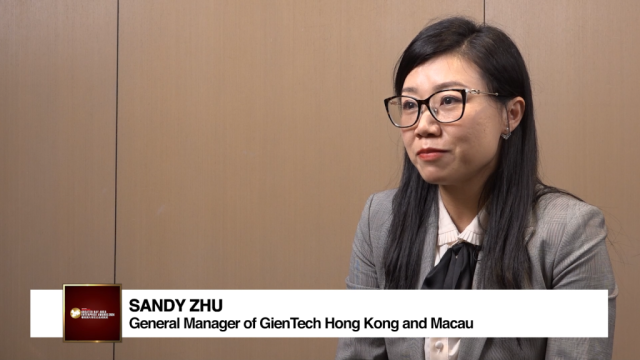
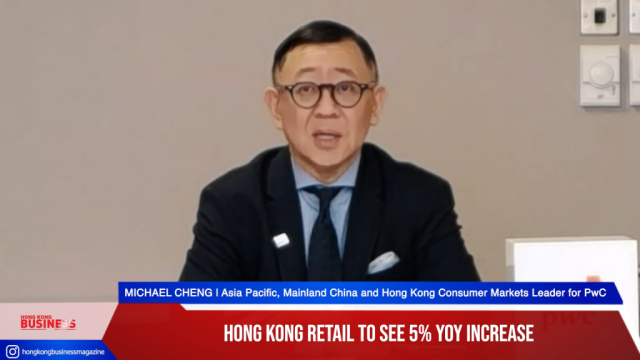

 Advertise
Advertise
